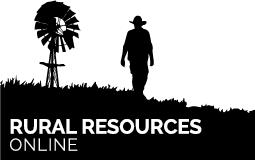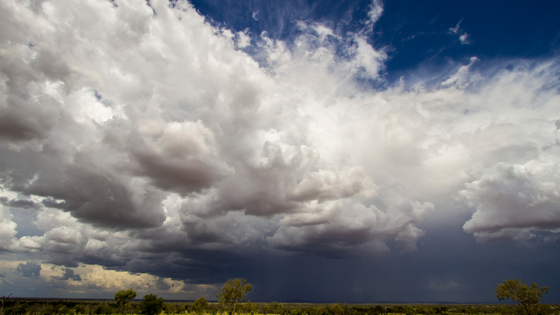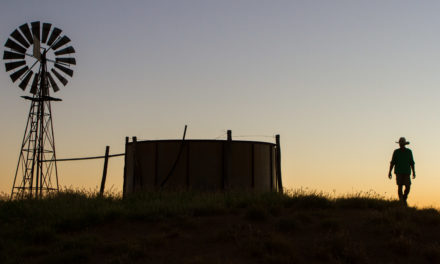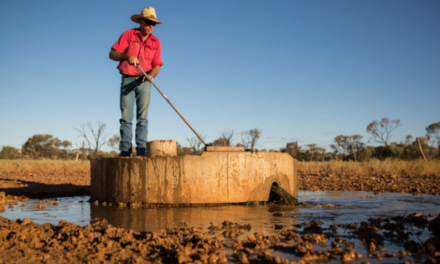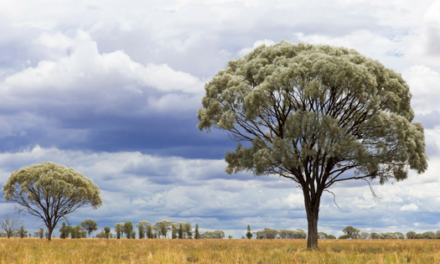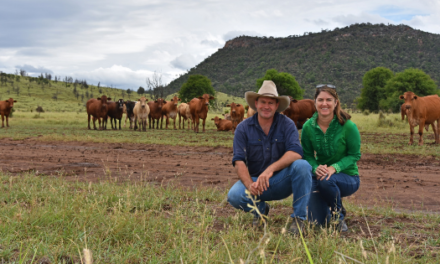This blog is designed to explain to farmers the types of things we as Agri specialist financial advisers help our clients with daily. Financial advisers work closely with your accountant and lawyer to get the best outcome for you. Advisers understand that life as a farmer can be extremely tough and lonely but also tremendously rewarding and also know you wouldn’t have it any other way.
Farm succession
- Usually the elephant in the room but also one of the biggest challenges facing farmers Australia wide. There is no single easy solution and families and farms can be destroyed if not done right.
- Farmers want to ensure that the family farm is passed onto the next generation while making sure the business stays viable and profitable. The best-case scenario is that the retiring farmers have an adequate income and some provisions are made for the non-farming children.
- Due to the intricacies of family groups it is very important farmers receive personalised financial planning advice, tax and legal advice.
Self-managed superannuation (SMSF)
- An SMSF is a private superannuation fund, regulated by the Australian Taxation Office, that you manage yourself or with the assistance of trusted advisers. SMSFs can have up to 4 members. All members must be trustees (or directors if using a company trustee) and are responsible for decisions made about the fund and for compliance with superannuation rules.
- An SMSF can provide more control over the investments and can invest in other assets such as shares, property (including primary production land), managed funds, cash/term deposits etc.
- An SMSF can for example acquire a farm from its members and carve out the homestead out of the transaction to allow it to retain its tax exemption as principal place of residence.
- The main benefit of using superannuation as a tax structure is that they are taxed on a concessional basis with a maximum rate of 15% and in retirement as low as 0% (up to a maximum of $1.6m per member)
Personal & Farm Protection
- Farmers just like any other small business owners with debt and financial dependents should have sufficient protection in place to protect themselves if something unforeseen should happen. Some insurances can be paid through superannuation which can work out very tax effectively.
- Life cover (death cover): provides a capital payment in the event of death which can be used to clear off/reduce debts and to fund income requirements for the family.
- Total and permanent disablement cover: Provides a capital payment in the event of an accident or illness which prevents you from ever working again at your own or any other occupation (policy wordings differ) This can be used to pay for medical expenses or changing the home/car to cater for your disability, debt reduction and to fund income requirements for the family.
- Income Protection: This type of protection will pay you an ongoing monthly payment if you are unable to work due to sickness or injury. You can normally get up to 75% of income after expenses depending on financial history and profitability.
- Critical Illness (trauma): provides a capital benefit upon diagnosis of a specified illness or injury for example cancer, heart attack, stroke etc. This can provide benefit to reduce debt, uninsured medical expenses or could be used to employ someone to undertake some of your work duties.
Cash flow and FMD (farm management deposits)
- FMDs are very useful and help primary producers deal with uneven cash flow. It allows farmers to set aside pre-tax income in years of good cash flow to draw on in years of lesser cash flow. Some special rules apply if you withdraw during a severe drought or natural disaster. There is one bank now that allows you to use a FMD to offset against any borrowings. This means that instead of being paid interest you are saving interest on what your loans. This can provide a much better outcome for most farmers.
Debt reduction and cash flow
- Cash flow is the key to survival of any farm or business. Most farmers have experienced some form of financial stress so it is very important to have a budget and work out a budget plan. The key is to seek advice to balance out debt repayments with other strategies such as FMDs and superannuation etc.
- While interest rates are low relative to history a great move is to pay down as much debt as you can. This reduces risk of default and lets most farmers sleep a lot easier at night. Once debt levels are at an acceptable level we can then move either look at another farm acquisition or some off farm investments.
Off farm investments (property, shares)
- Investing in assets away from your farm can be a great strategy to diversify and reduce risk. It greatly reduces exposure to factors such as weather cycles and commodity price fluctuations. It is also much easier to sell some shares in a period of severe drought then it is to have to sell a farm.
- Off farm investments can also be used to equalise an estate if one beneficiary wants to work on the farm but one doesn’t.
Financial advisers work with clients to determine how much risk they want to take to then build a diversified portfolio. - When times are good farmers sometimes want to continue buying more land to grow the farm. This can be a great strategy but does also come with more work and risk.
Funding education expenses for children (grandchildren)
- School and university fees can be expensive, when you also need to pay for boarding it can be even more expensive. We work with farmers to plan their kids and grand kids education expenses and ensure they start planning early to make sure funds are available when they are required.
